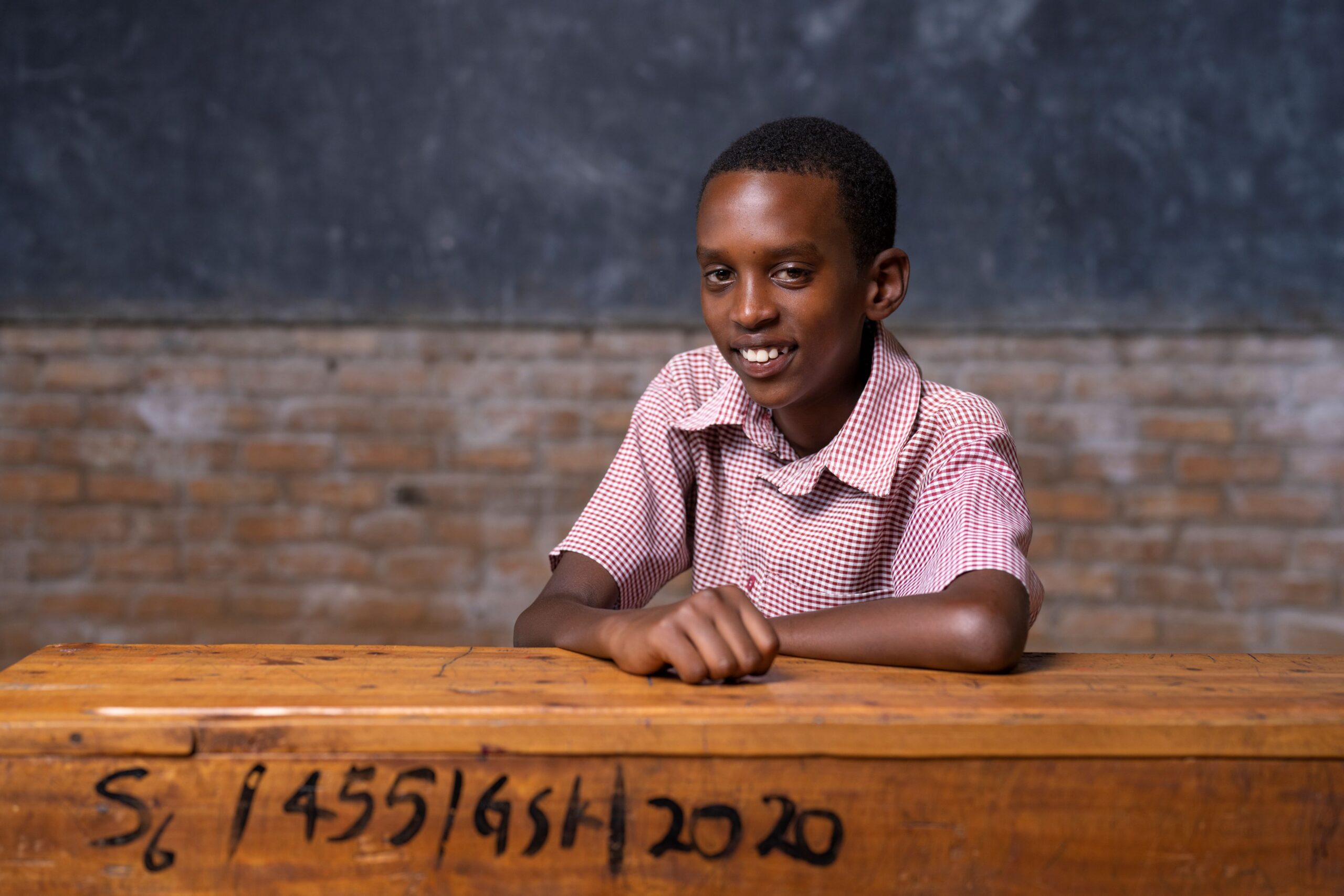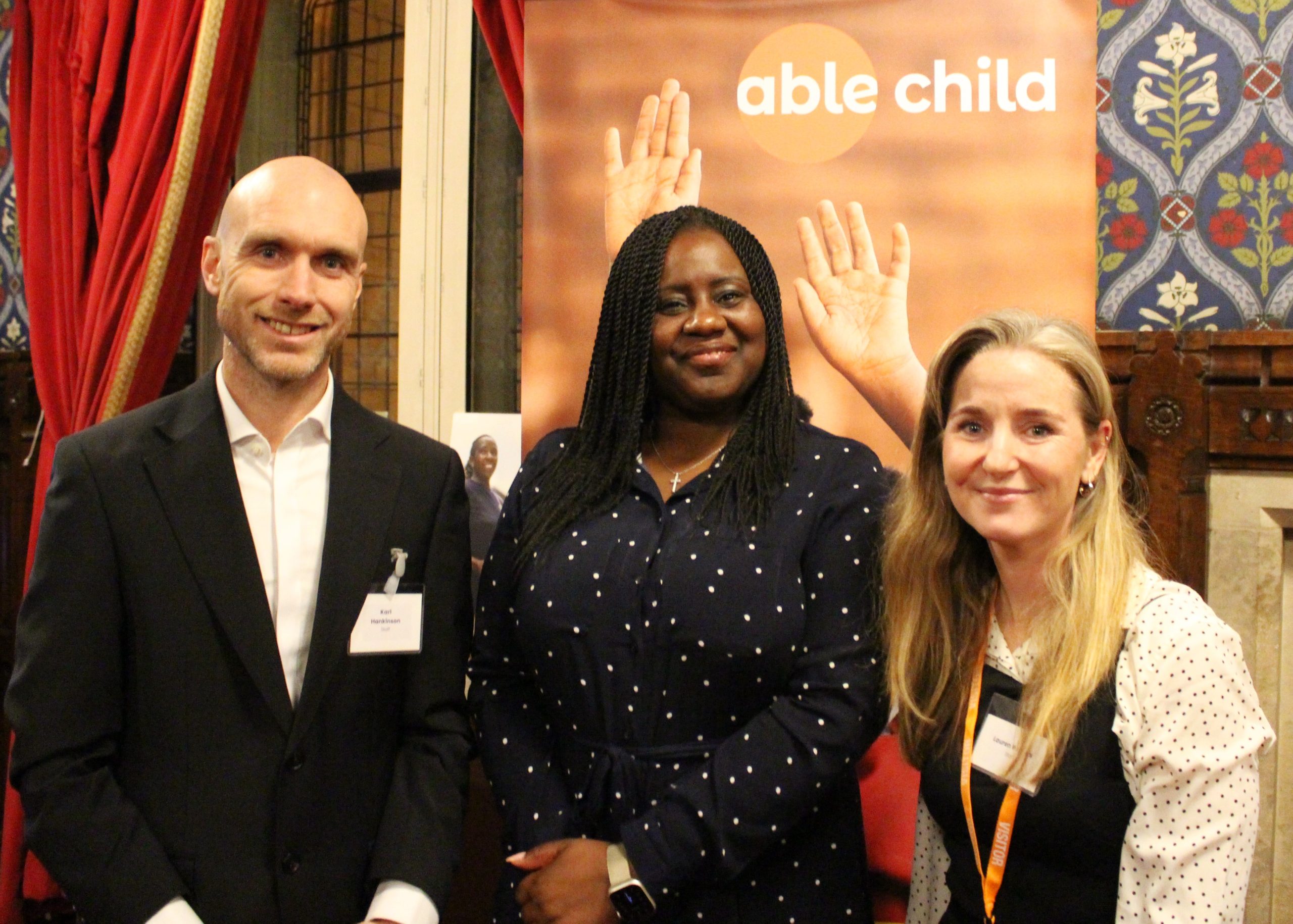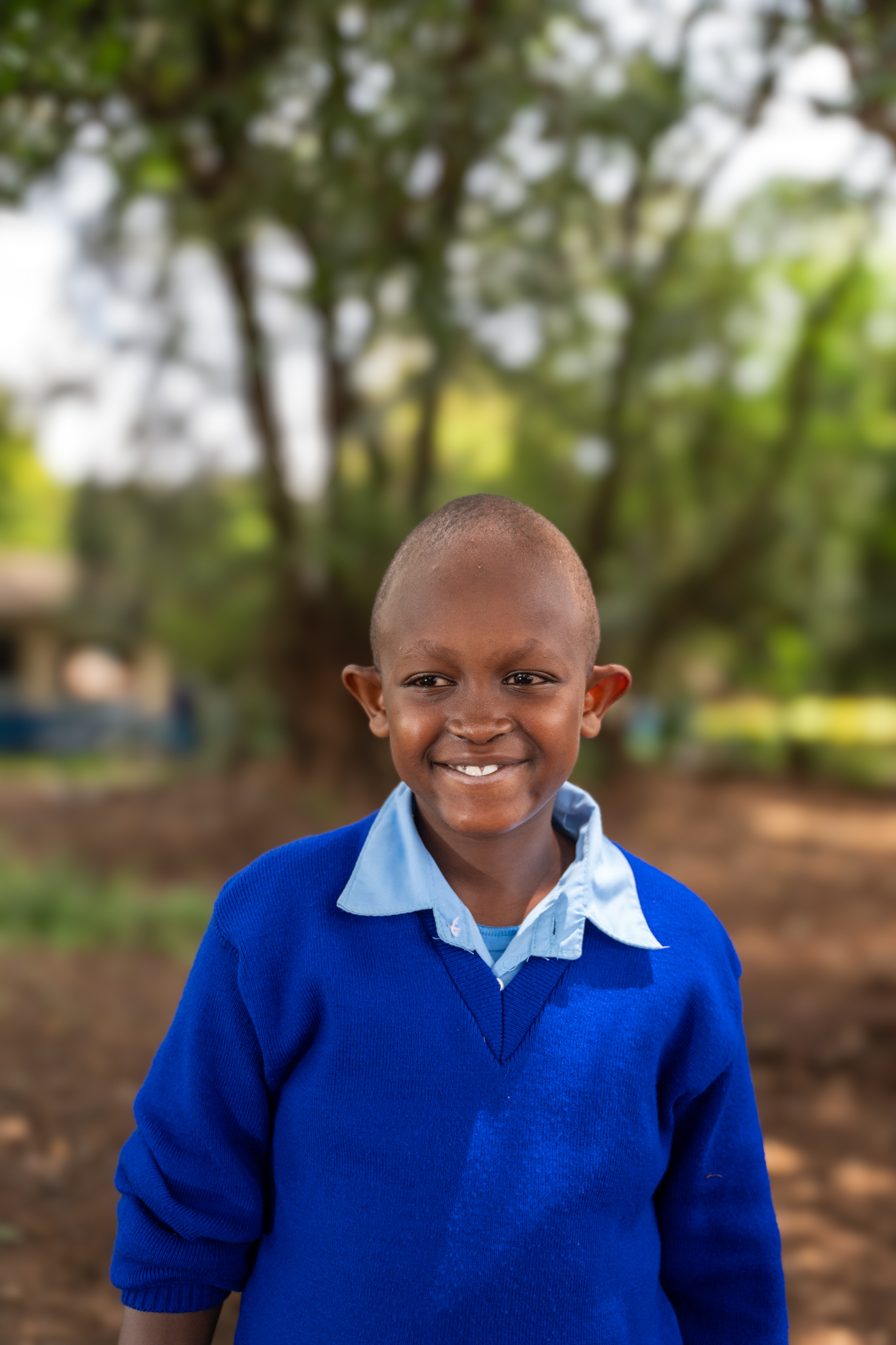As the UK Foreign Secretary, David Lammy and the FCDO launches its landmark global campaign on care reform, Able Child welcomes this vital issue getting the attention it deserves.
At Able Child, we are committed to ensuring that these voices are central to this campaign. Working together with partner countries and children themselves, we can create lasting change for children with disabilities living in care.
The crisis in context
Nearly 29 million children in East and Southern Africa are living with a disability. A significant proportion of these children live in poverty without access to basic services. They are disproportionately vulnerable to violence, exploitation and abuse.
Many children continue to spend much or all of their lives in institutions, away from their families. Compared to children without disabilities, children with disabilities are 17 times more likely to live in institutions.
A report by Coram Voice last year featuring an analysis of the numbers and experiences of children in care with a disability or long-term health conditions found that many may be missing out on vital support.[1]
The conclusions pointed towards a significant number of children and young people with disabilities who are not having their needs met in the care system, exacerbating their challenges and leaving them vulnerable to exploitation and abuse.
Why are children with disabilities institutionalised?
There are several reasons who children with disabilities are institutionalised at a much higher rate than other children. Parents of children with disabilities often do not have access to the critical services they need, such as, healthcare, and social support. When families lack these resources and feel unable to provide the necessary care, institutions are often seen as the only option.
Children with disabilities frequently face stigma and discrimination from their families, communities, and society at large. This discrimination can lead to families feeling marginalised or unsupported, which may result in them placing their child in an institution as a means of coping with pressures.
These institutions are unsafe environments, particularly for children with disabilities that fail to meet their unique needs, often exposing them to neglect, abuse, and isolation. In addition to physical barriers, these children suffer emotional and psychological harm in settings that are ill-equipped to provide proper, accessible and inclusive care.
The care reform campaign
UNICEF findings in 2018 that highlighted four main reasons why children with disabilities should be placed at the heart of care reform agendas that range from the lack of support available for children with disabilities in care homes and poor domestic adoption availability, to the lifelong effects of physical and psychological harm whilst in the system.[2]
The campaign will push for every child across the globe to have the right to a safe and loving family environment, and to progressively end the institutionalisation of children. The UK will therefore lead a campaign to advocate for family-based care for all children across the globe.
This is a milestone for children’s rights as this unprecedented global campaign will help ensure every child grows up in the love and care of family, aligning with Able Child’s mission to protect children and young people with disabilities.
Able Child welcomes the call to end institutionalised care which can leads to abuse, harm and marginalisation for many children with disabilities across the globe. This care reform campaign is paramount to ensuring that all children can uphold their fundamental right to be safe.
What our Co-CEO has said
The fact that children with disabilities are 17 times more likely to be institutionalised than other children is a staggering and unacceptable statistic. This isn’t just a matter of being “a bit more likely.” It’s a huge number of children who, because of their disability, are being pushed into systems that fail to provide the love, care, and opportunities they deserve.
Therefore, care reform is a disability issue and must be disability-inclusive—any true transformation in global care systems must include children with disabilities at the heart of the solution.
The voices of children with disabilities, as well as those of the representative organisations that serve and advocate for them, are crucial in shaping any meaningful reform.
Lauren Watters, Co-CEO Able Child
Read more about the launch here.
[1] https://corambaaf.org.uk/updates/disability-care-system-struggle-young-people-access-diagnosis-and-support#:~:text=Sadly%2C%20my%20story%20as%20a,with%201%25%20vs%2036%25.
[2]www.unicef.org/esa/media/11021/file/Children-Disabilities-Care-Reform-ESA-2021.pdf








